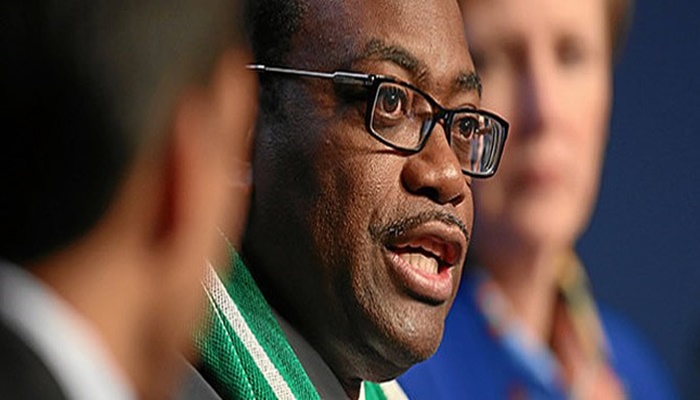
African Development Bank (AfDB) has warned African countries that the current economic gains they are recording can be fragile.
AfDB President, Dr Akinwunmi Adesina who gave the warning on Tuesday in Abuja at a one-day symposium on Nigeria Technical Cooperation Fund (NTCF): A Reference point for Africa’s sustainable development and regional integration, said: “near term, continued uncertainties in the global economy and turbulence in emerging market economies can have negative implications for the continent.”
According to him, “While resilience is much greater than in the past, risks from a weak and uncertain global environment suggest the need to be vigilant.”
AfDB president argued further: “Dependence on natural resource endowments can be a mixed blessing. The historic experience in many resource rich countries of boom-bust cycles, debt crises, and poor governance has led to the persistence of poverty and lack of inclusiveness.
For Africa, he said “the goal is clear–to eradicate poverty and create more inclusive development. To do so, it needs to promote growth that creates jobs and provides economic opportunities for all.”
He explained further that African countries “need to invest more in infrastructure and basic services, such as education and health care, and increase access to energy and water. And they need to close the gender gap, strengthen and expand social safety nets to reduce risk and vulnerabilities.”
AfDB president said: “over the last decade and a half, the African continent made significant strides in economic growth and in reducing poverty. They have benefited enormously from buoyant commodity prices linked to the rise of China and other emerging markets.”
“Greater integration into global trade and financial networks—along with the implementation of coherent medium-term macroeconomic policy frameworks, structural reforms and attention to the strengthening of governance and economic and social institutions—has allowed Africa to grow faster than in previous decades” he said.
Interestingly, Adesina noted that “strong growth is beginning to allow living standards to rise, institutions to develop, and financial sectors to deepen.”
It was disclosed at the event that over US$25 million NCTF has grown to US$28.9 million. Of this amount, US$ 24.7 million has been committed to projects and activities in a range of sectors and by March 31, 2017, US$20.9 million has been disbursed. Funds available for commitment stand at US4.2 million.
So far, 93 projects and activities across Africa have been approved under the window of the NTCF as all 54 African countries have benefited directly or indirectly from the NTCF. The fund has implemented projects in specific countries as well as those that benefited particular regions.
Sectoral distribution of the NTCF stands as follows: Science and Technology, 12.7%; Health 1.59%; Business and Finance 11.12%; Agriculture 4.76%; Education 15.88%; Public Administration 9.52%; Regional Integration 14.29%; Governance 15.87%; Gender Issues 7.94% and Climate Change and Green Development 6.35%.






